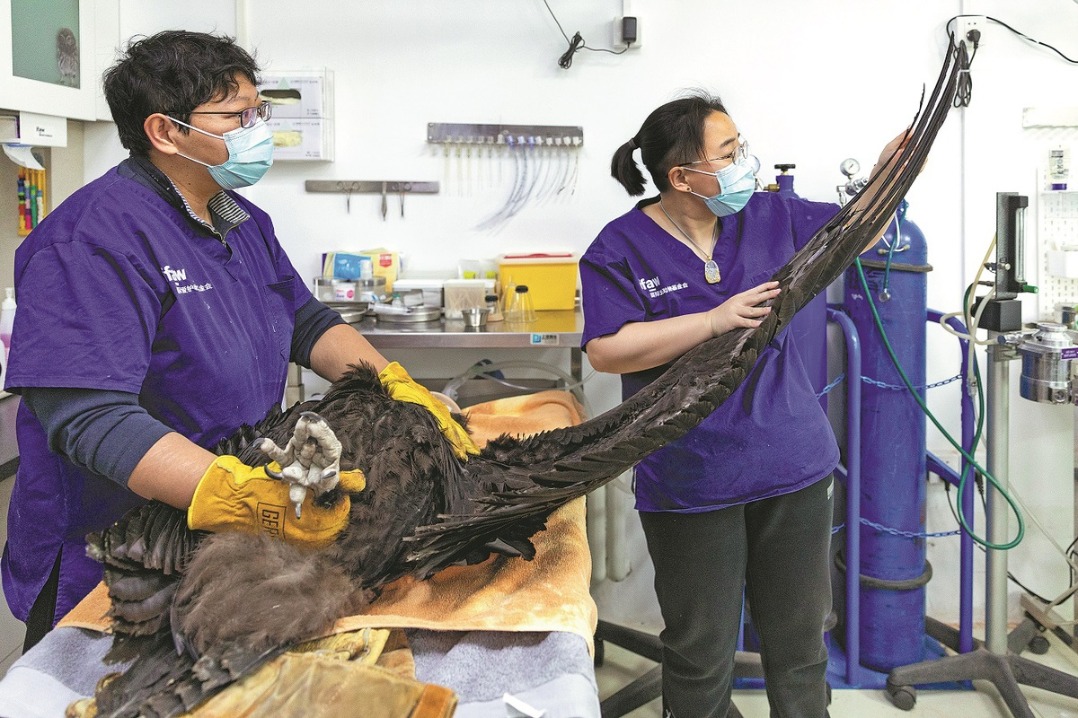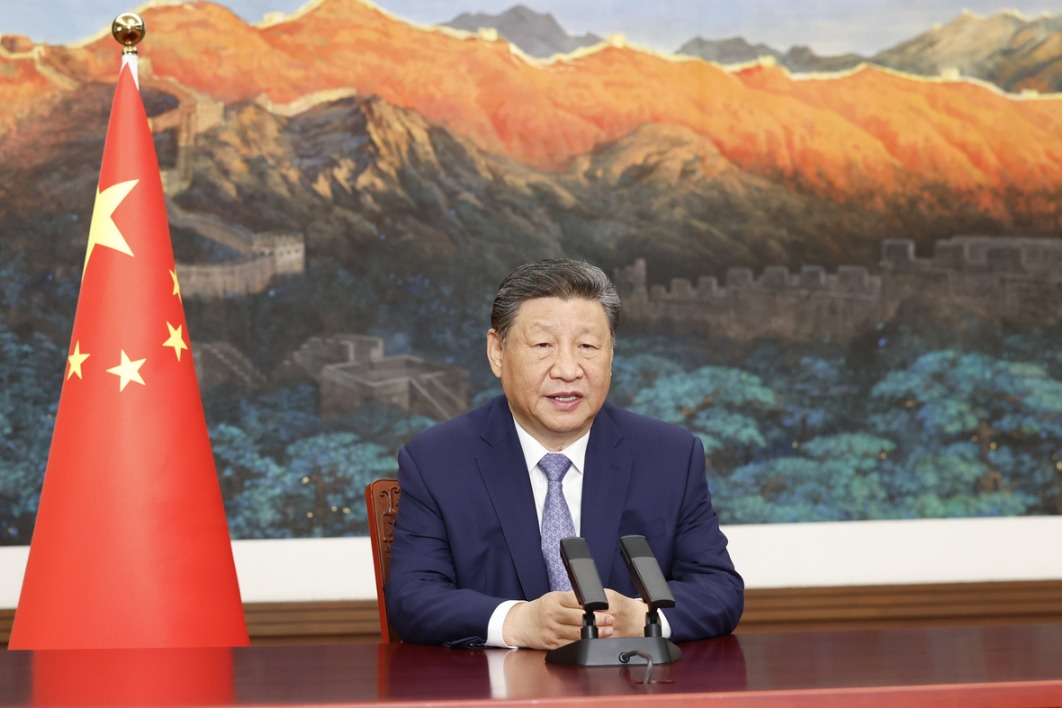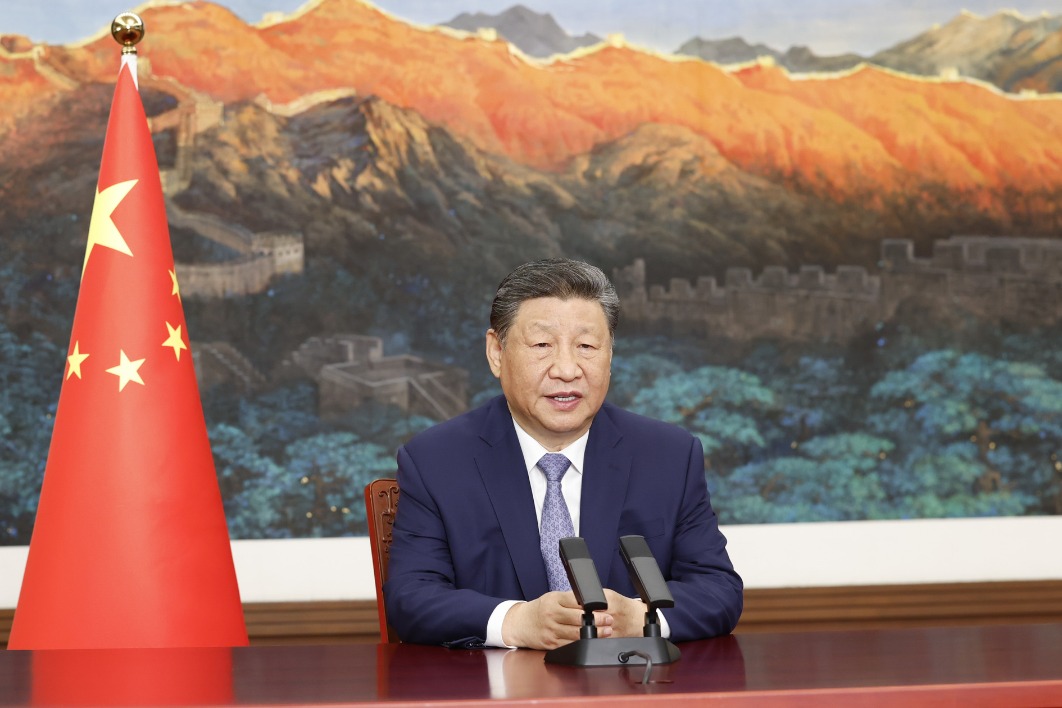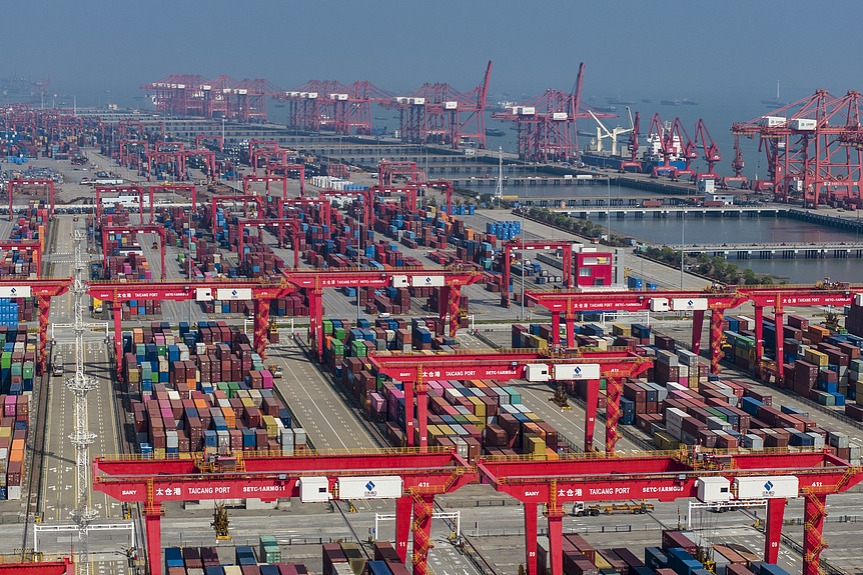Delayed retirement a challenging task


In a world of complex policy decisions, raising the retirement age in China may look like an easy decision to make. Since modern pensions were introduced in China in the 1950s, a revolution in healthcare and mortality has transformed the country and increased average life expectancy to 78.2 years.
The current retirement age in China appears out of step not only because of the dramatic increase in life expectancy but also compared to current international standards. It seems, therefore, that there is a need to reform the pension system to ensure its future viability.
Equally important, given China's rapidly aging population, raising the pension age would enable more older workers to somewhat offset the effects of a shrinking labor force.
To address these issues, the Chinese government released a plan in 2021 aimed at gradually raising the retirement age.
Earlier this year, the resolution adopted at the third plenum of the 20th Communist Party of China Central Committee in July said China will advance reform to gradually raise the statutory retirement age in a prudent and orderly manner in line with the principle of promoting voluntary participation while allowing appropriate flexibility.
However, the challenge is not as easy as it seems.
The complexity of China's pension system, and the disparities between different groups in the private and public sectors as well as the urban and rural population makes reform a very difficult task.
Also, pension reforms are unpopular around the world, as pension reforms are almost always a one-way track which the majority of people are prone to opposing. That's because pension reforms usually mean "pay more, work longer, get less pension after retirement". In 2013, when a professor at a Beijing university proposed raising the retirement age, Chinese bloggers came down upon him like a ton of bricks. They were angry not just because they would have to work a few more years, but perhaps because they genuinely feared they might not get "decent retirement" benefits and could even fall into poverty.
According to the current pension policy, workers can get pension after reaching the retirement age, provided they have contributed to the social security fund for 15 years or more. However, it may be difficult for migrant workers and temporary contract workers to find jobs that pay for social security for this length of time. Expanding this contribution time frame, especially in the context of the current state of the gig and informal economy, could make it harder for many blue-collar workers to be eligible to receive their pension.
More broadly, it is important to ensure that workers are confident that whatever they contribute to the pension fund during their working years will be paid back to them in their old age. The Chinese government will need to take measures to guarantee this and communicate this guarantee to the community.
A special feature of the Chinese retirement and pension systems is the different ages at which men and women in blue-collar as well as white-collar jobs can claim their pensions. In fact, these differentials are a positive feature of the Chinese pension system: blue-collar workers get pensions earlier than their white-collar workers. This promotes equity as blue-collar workers' life expectancy is relatively shorter, and they contribute to the fund for more years because they might not have spent four years studying in a college and work at an earlier age.
While implementing the pension reforms, it's very important for officials to keep these inequalities in mind, and ensure they are not exacerbated. As for gender, while women live longer than men, their careers are more likely to be interrupted because of the unequal distribution of career roles between genders. This factor should be reflected in the calculations.
China's pension system has helped improve people's livelihoods. Yet there is no denying the need for reforming the pension system.
It is important, though, that any reforms enable as many people as possible to continue to get secure and reliable income protection.
The author is a professor of social science and public policy at the Hong Kong University of Science and Technology.
The views don't necessarily reflect those of China Daily.
If you have a specific expertise, or would like to share your thought about our stories, then send us your writings at [email protected], and [email protected].



































